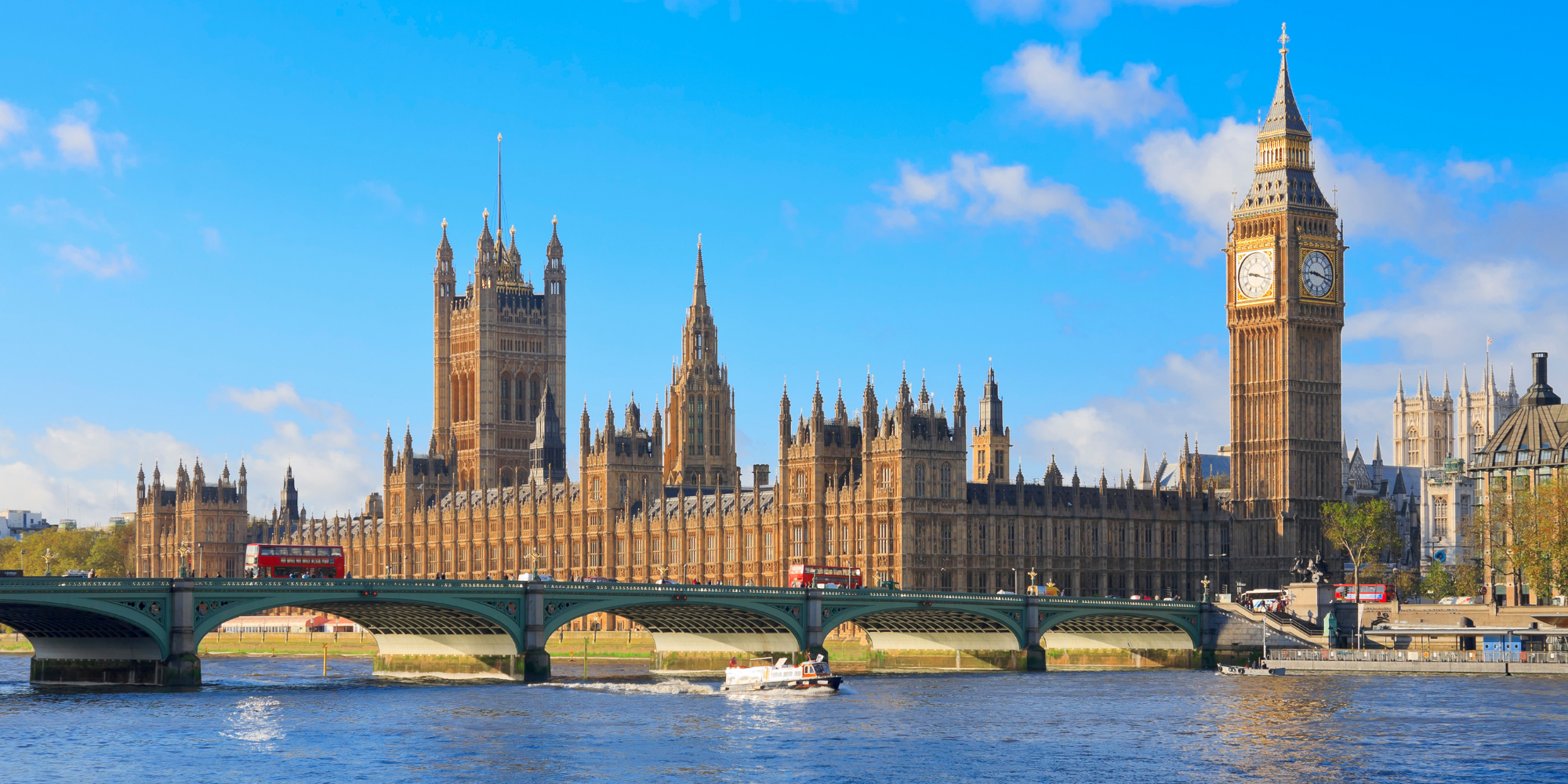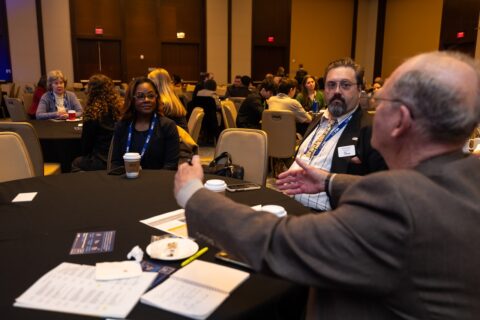Leading from a Place of Balance: How Mindfulness Became a Norm in the UK Parliament
This vlog is part of NLC’s “Leading in the Moment” series, which focuses on the impact that mindfulness can have on leaders in local government and beyond. In this installment, NLC University’s Dana D’Orazio sat down with the United Kingdom’s former Member of Parliament Chris Ruane, who explains how his interest in mindfulness led to its common practice in the UK Parliament.
I first encountered former United Kingdom Member of Parliament Chris Ruane at an online conference, where I was struck by his passion for sharing mindfulness as part of his own story. I had the honor of sitting down with him to learn more about how he became a catalyst and ambassador for a national turned global movement to make mindfulness a norm in government.
Ruane is a public servant through and through, from his time serving in education to his experience in local government. He is a leader focused on impact that is both positive and sustainable. What is also striking about his story is his journey. Discovering meditation while a teacher and then later turning to mindfulness as a way to manage stress while serving in Parliament, his path is one of seeking and sharing.
During his time as a teacher, Ruane discovered the benefits of meditation. After seeing how meditation supported his students to find calm, improve focus and more effectively take on their schoolwork, he began his own inquiry into the practice. Later in 2012, while serving as a Member of Parliament in the United Kingdom, he found himself struggling with the immense stressors that came with the many challenges facing those in the policymaking space. So Ruane turned to mindfulness to personally manage his own stress. So impacted by its effects, in 2013, he decided to explore sharing mindfulness with his colleagues in Parliament. With support from leading well-being and mindfulness researchers and practitioners in the UK including experts from Oxford University and the London School of Economics, Ruane set out to bring mindfulness training to 22 of his fellow Members of Parliament. All 22 spots in Ruane’s first session filled up immediately and mindfulness began to take hold in the UK Parliament.
You might be asking how Ruane made the case for his colleagues to take the time to explore this practice. I asked him the same question. He credits the group’s interest in mindfulness with the rise in awareness of well-being as a key input to both individual and collective (including community and national) success. At a time when well-being was making its way into global conversations, the initial impetus for “trying out” mindfulness was a desire to manage stress. Ruane shared with the other Members of Parliament the impact that the practice had on him not just in managing his stress but also in finding a new level of well-being and balance that supported him in his work. He found that his colleagues were seeking something similar.
But the work didn’t stop there – so impacted by the practice of mindfulness, the training expanded not just to additional Members of Parliament, but also to their staffs. 300 politicians and 500 members of staff trained and practiced mindfulness together, with the momentum building to ultimately form a special committee dedicated to exploring the impacts of mindfulness in both policy and practice. This work led to the publication of the report Mindful Nation UK by the UK All-Party Parliamentary Group of Mindfulness in 2015. The report explores how mindfulness can be a tool not just for individuals but the entire community, highlighting research-backed strategies and impacts for education public safety, health and wellness as well as policy and practice in the UK.
Today, Ruane continues to share this with governments across the globe, actively working with 13 governments already engaged in and practicing mindfulness. When asked about what he sees as the leadership imperative of mindfulness, Ruane shared that it’s a practice one should experience for themselves and see what it brings them. He also underscored the invitation to be more present and balanced, as it can truly have a ripple effect outward to all who we engage with. Change and uncertainty will continue, and the only choice we have is to find ways to navigate it: Ruane explains that the exploration of mindfulness is not just about individually navigating change but understanding how it can impact systems and organizations to collectively flourish in uncertain times. It’s a research-backed, sustainable and scalable solution to the challenges we face as individuals and communities.
To learn more about this work in the UK, read the Mindful Nation UK Report as well as the Mindfulness Initiative article Ruane references in this interview.
Look out for our next monthly Leading in the Moment vlog, featuring Dr. Elizabeth Stanley from Georgetown University on managing stress and trauma while leading.
Curious about Mindfulness in Local Government?
Join us November 15 for NLC University’s Fill Your Tank virtual event at City Summit, where Former Member of Parliament Chris Ruane will speak alongside other leaders in the field of mindfulness and wellness.










